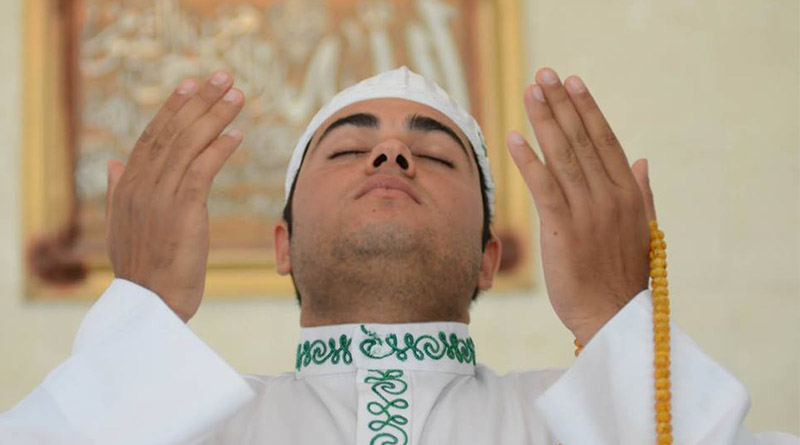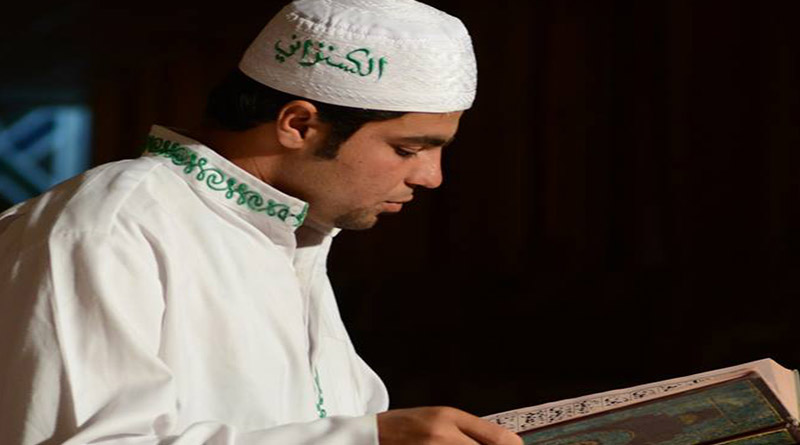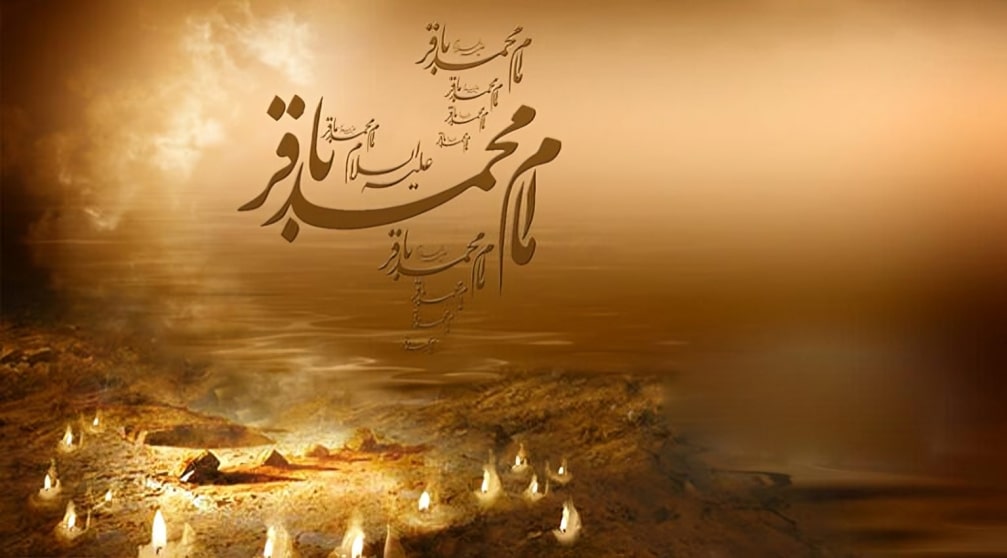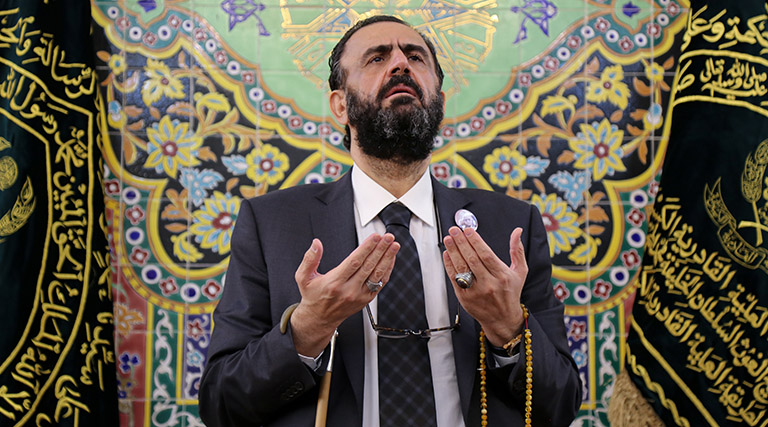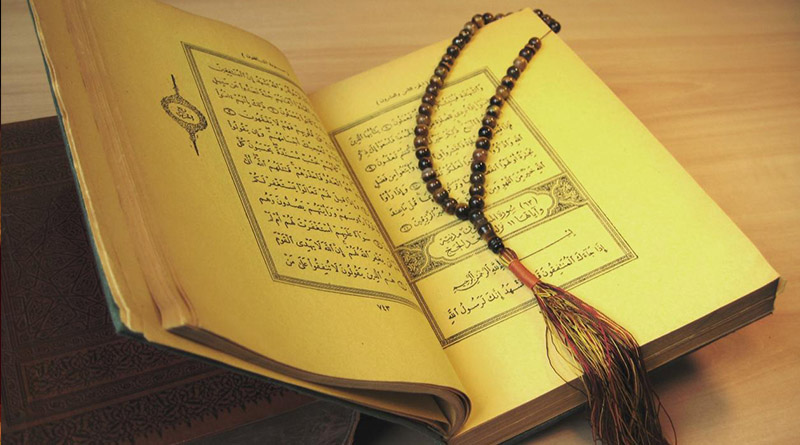
The term Tariqa in Islamic Sharia
Introduction All praise is due to Allah, and complete blessings and peace be upon His beloved, His chosen one, who embodied revelation, message, and wisdom, and upon his family and companions. In this critical phase of our contemporary Islamic history, a period which can be described as pivotal in the life of the Ummah, we find ourselves compelled to clarify


